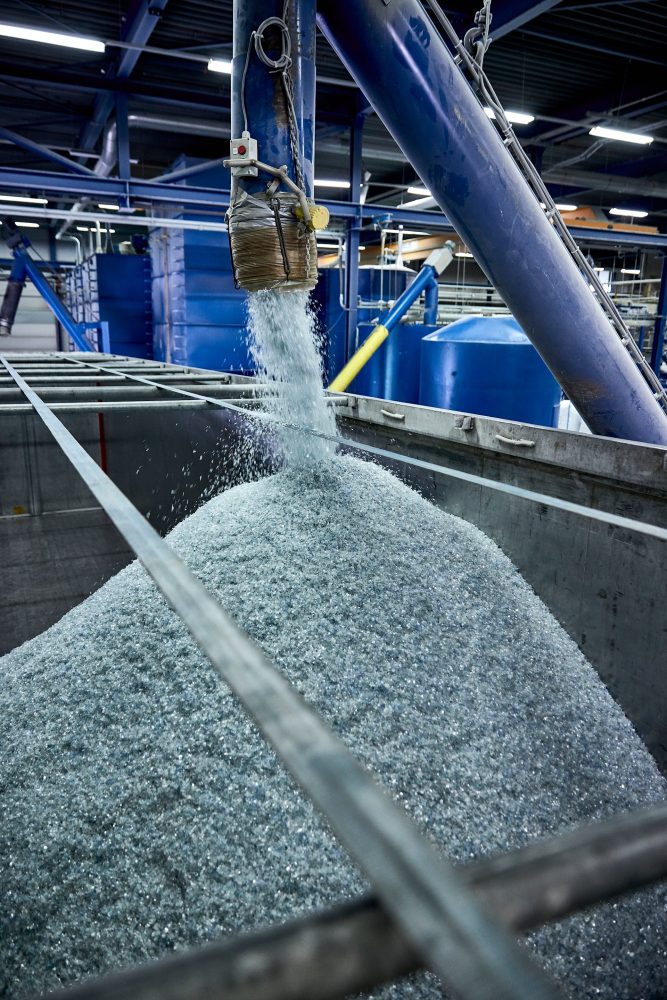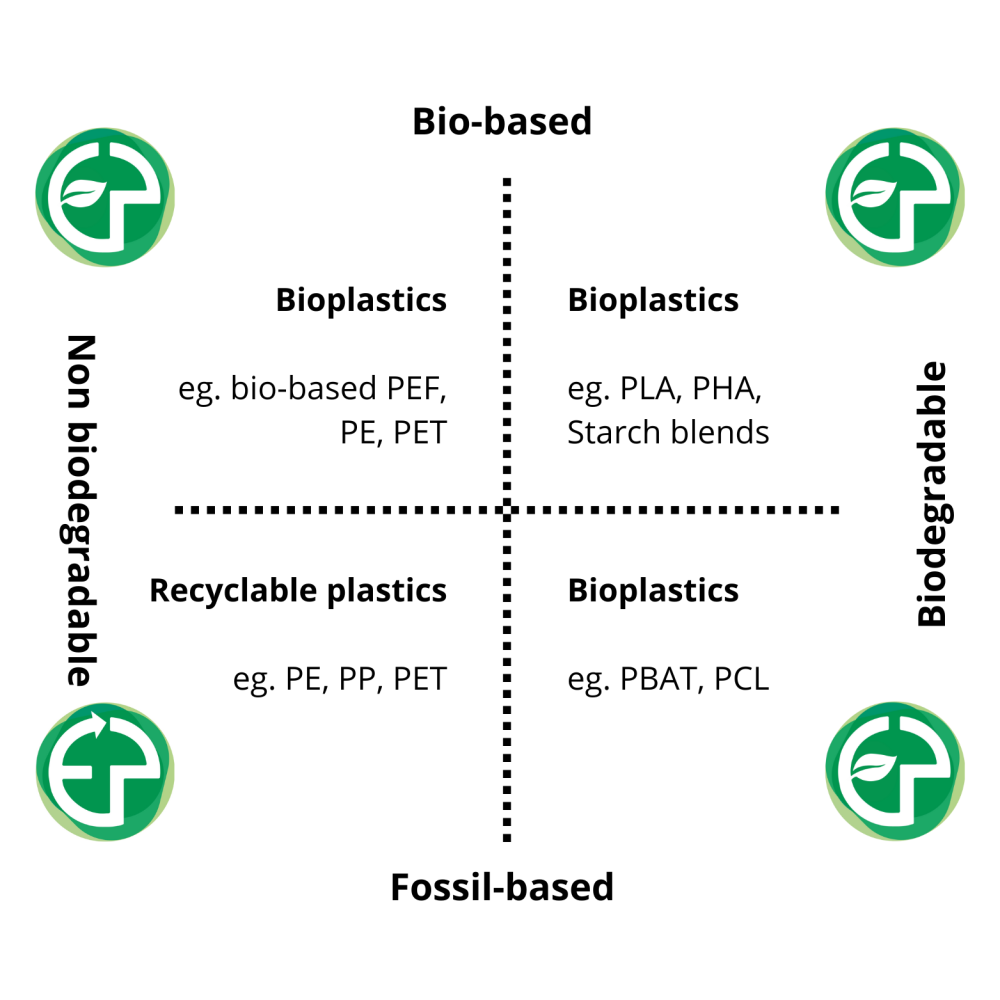Packaging against food waste!
Food waste is a global problem with significant economic, social and environmental impact. Every year, about a third of food produced for human consumption is wasted, amounting to about 1.3 billion tonnes a year. Packaging plays a crucial role in curbing this waste by extending shelf life, providing protection during transport and storage, and regulating portion sizes to prevent overconsumption. So preventing food waste is one of the most crucial factors while designing sustainable packaging. For example, reducing packaging materials may be seen as sustainable, but this may actually lead to more food loss.
Studies show that effective packaging, especially with modified atmosphere technologies (MAP), can significantly extend the shelf life of fresh foods such as vegetables, fruit, meat and fish. Using MAP can extend the shelf life of some products by 200% to 400%. This reduces the risk of spoilage and significantly reduces food waste. The FAO (Food and Agriculture Organisation of the United Nations) estimates that using appropriate packaging technologies can reduce food waste by 20% to 50%.
Sources:
- FAO, Global Food Losses and Food Waste – Extent, Causes and Prevention, 2011.
- OVAM, Food loss and packaging, 2019.





